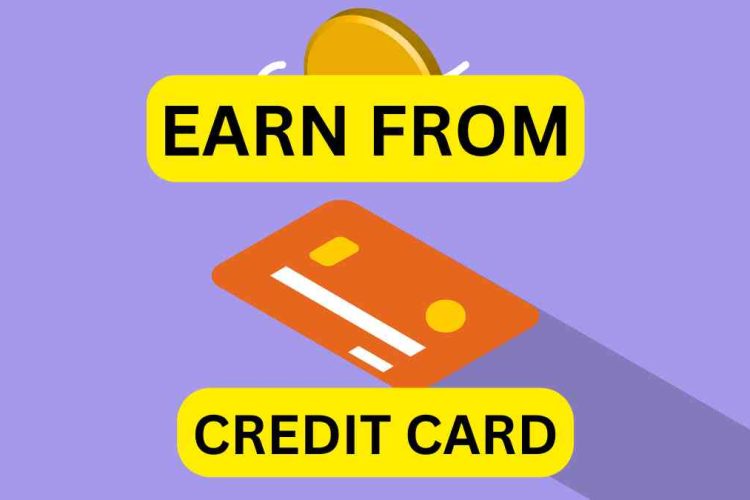Teaching online has become a popular way to share knowledge and earn money remotely. Whether you’re an expert in a specific subject or have valuable skills to impart, here’s how you can start earning money through online teaching:
Identify Your Expertise
- Subject Matter Expertise: Determine what subjects or skills you excel in. This could range from academic subjects like mathematics or language arts to practical skills like coding, photography, or cooking.
- Teaching Method: Consider your preferred teaching method—live classes, pre-recorded videos, one-on-one tutoring, or group sessions. Choose a format that aligns with your expertise and audience.
Choose Your Online Teaching Platform
- Online Course Platforms: Utilize platforms like Udemy, Coursera, Teachable, or Skillshare to create and sell online courses. These platforms provide a ready-made audience and infrastructure for hosting courses.
- Live Teaching Platforms: Explore live teaching platforms such as Zoom, Google Meet, or Skype for conducting interactive classes in real-time. Use tools like whiteboards, screen sharing, and chat features for effective teaching.
Steps to Start Teaching Online
1. Plan Your Curriculum
- Define Learning Objectives: Outline what students will learn from your course or sessions.
- Create Lesson Plans: Structure your content into manageable lessons or modules.
- Gather Resources: Compile materials, presentations, or assignments to support your teaching.
2. Set Up Your Teaching Space
- Technical Setup: Ensure you have a stable internet connection, quality microphone, and webcam.
- Design Your Environment: Choose a well-lit, clutter-free space for teaching.
3. Develop Your Teaching Style
- Engage Your Audience: Use interactive methods to keep students engaged during lessons.
- Encourage Participation: Foster a supportive learning environment where students feel comfortable asking questions and sharing ideas.
4. Promote Your Online Teaching Services
- Create a Website or Blog: Establish an online presence to showcase your expertise and courses.
- Utilize Social Media: Leverage platforms like LinkedIn, Facebook, or Instagram to reach potential students.
- Collaborate with Influencers: Partner with influencers or bloggers in your niche to expand your reach.
5. Continuously Improve Your Skills
- Seek Feedback: Gather feedback from students to improve your teaching methods.
- Stay Updated: Keep abreast of industry trends and update your curriculum accordingly.
Monetization Strategies for Online Teaching
- Course Sales: Earn money through course enrollments or subscriptions on online platforms.
- Membership Sites: Create membership sites where students pay a recurring fee for access to exclusive content.
- Consulting Services: Offer personalized coaching or consulting services for higher fees.
- Affiliate Marketing: Recommend relevant products or resources and earn commissions on sales.
Teaching online offers a flexible and rewarding way to share your knowledge while earning money from anywhere in the world. By leveraging your expertise, embracing digital tools, and adopting effective teaching strategies, you can embark on a successful journey as an online educator.



